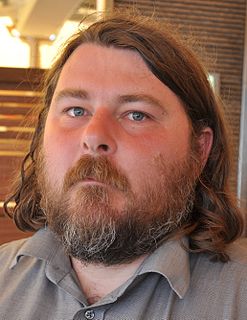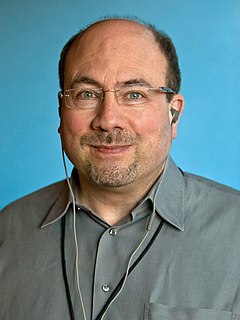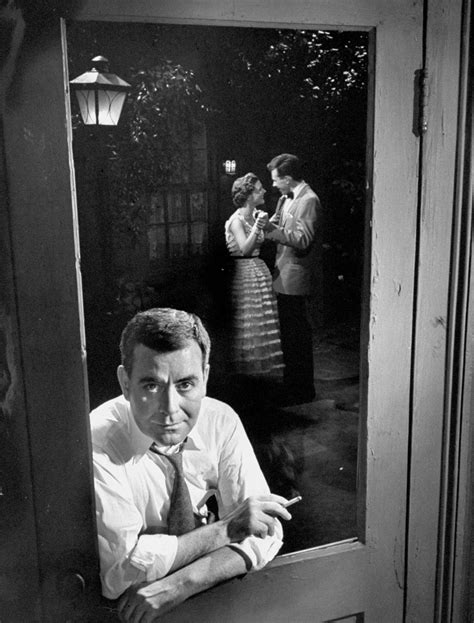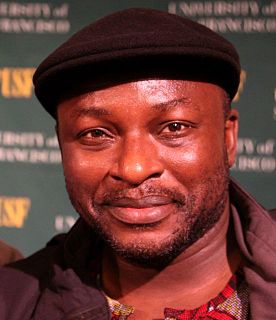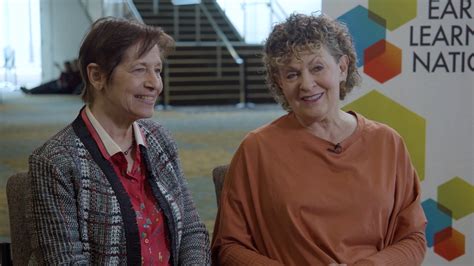A Quote by Ben Wheatley
I'm very superstitious about going on other people's sets. You have to ask permission of the director; you shouldn't just turn up and skulk about in the background. It's very rude. You have to ask them personally. It's like a vampire being invited into a house.
Related Quotes
I felt like - like I don't know what. Like this wasn't real. Like I was in some Goth version of a bad sitcom. Instead of being the A/V dweeb about to ask the head cheerleader to the prom, I was the finished-second-place werewolf about to ask the vampire's wife to shack up and procreate. Nice. - Jacob
Being gay, you're kind of forced to ask, I suppose, very existential questions from a very, very early age. Your identity becomes so important to you because you're trying to understand it, and, I think, from the age of, like, 9, you're being forced to ask questions... that other kids maybe don't have to ask.
I believe very deeply in the human spirit, and I have a sense of awe about it. I look around and ask, 'What makes the difference? What is it?' I've known people the world has thrown everything at - to discourage them, to kill them, to break their spirit. And yet something about them retains a dignity. They face life and they don't ask quarters.
People are always asking, "Is this person in front of me the same on the inside as he or she appears to be on the outside? Is there congruence between what's within that person and the words and actions I'm viewing and hearing externally?" Children ask that about their parents; students ask it about their teachers; parishioners ask it about their pastors and priests; employees ask it about their bosses; and in a democracy, citizens ask it about their political leaders.
Our whole goal is really to create a culture of accountability. Because for a very long time, ending sexual assault has been on the backs of survivors. And it's really up to everyone to be part of the solution. It's really about not creating a culture of awareness. It's something I often tell parents of kids who are going off to college: It's about asking those hard questions when your kids are applying to school and encouraging them to ask about their rights, to ask about their resources.
It's possible to think of photography as an act of editing, a matter of where you put your rectangle pull it out or take it away. Sometimes people ask me about films, cameras and development times in order to find out how to do landscape photography. The first thing I do in landscape photography is go out there and talk to the land - form a relationship, ask permission, it's not about going out there like some paparazzi with a Leica and snapping a few pictures, before running off to print them.
Throughout my career, I had a lot of mentors, and I just adopted them. What I found is that, especially if you're young, when you go up to people and say, 'Would you mind being my mentor?,' their eyes widen. They literally step back. What they're thinking about is the commitment and time involved if they say yes. And time is something they don't have. So I would not ask them to be my mentor, but I would just start treating them like it. And that worked very well for me.
When I have a writing workshop, I like to have people that are anthropologists and people who are poking around in other fields, I like to have them all in the same workshop, and not worry about genre. I like to mix it up, because the kind of comments you can get from a fiction writer about your poetry are going to be very different than what you'll get from a poet. Or the comments you'll get from a filmmaker about your performance are going to be very different. My writing workshop is about mixing it up, cross-pollinating, not only in genres but in occupations.
